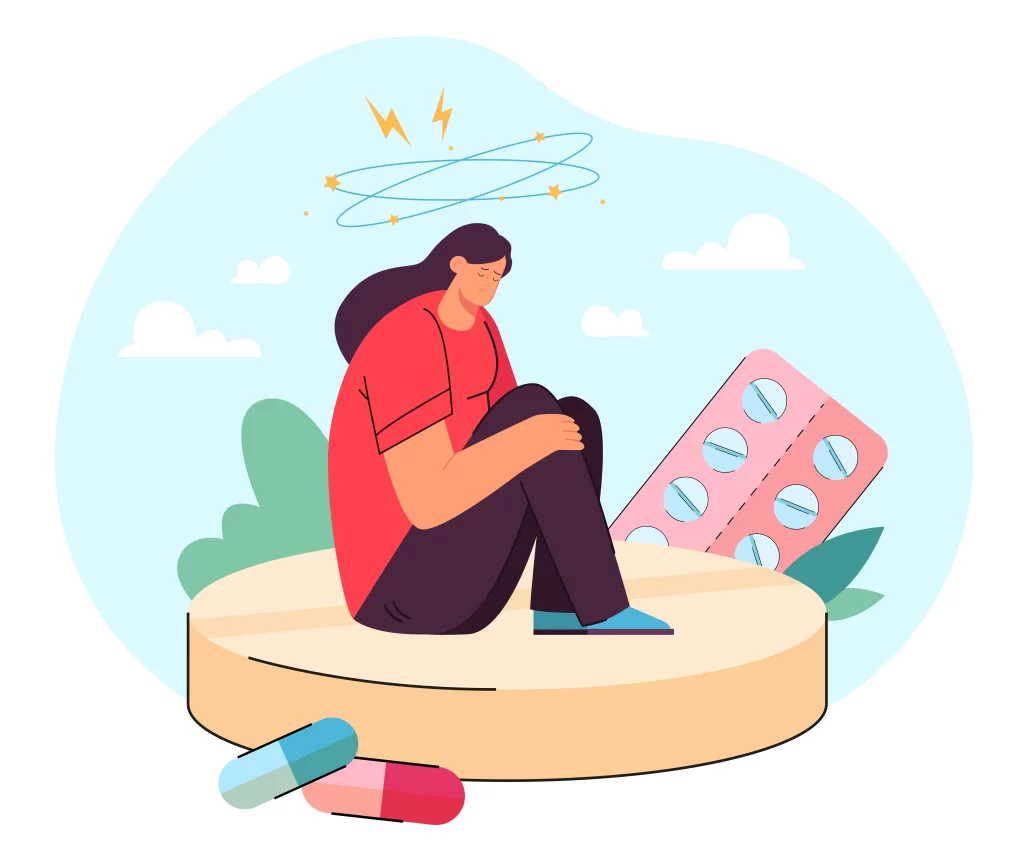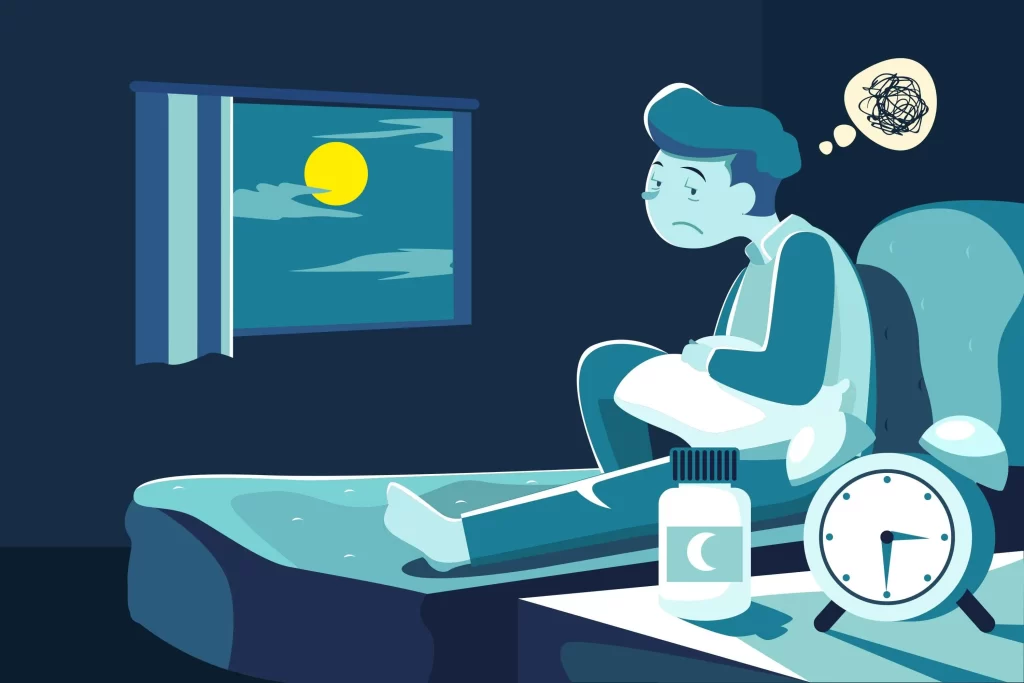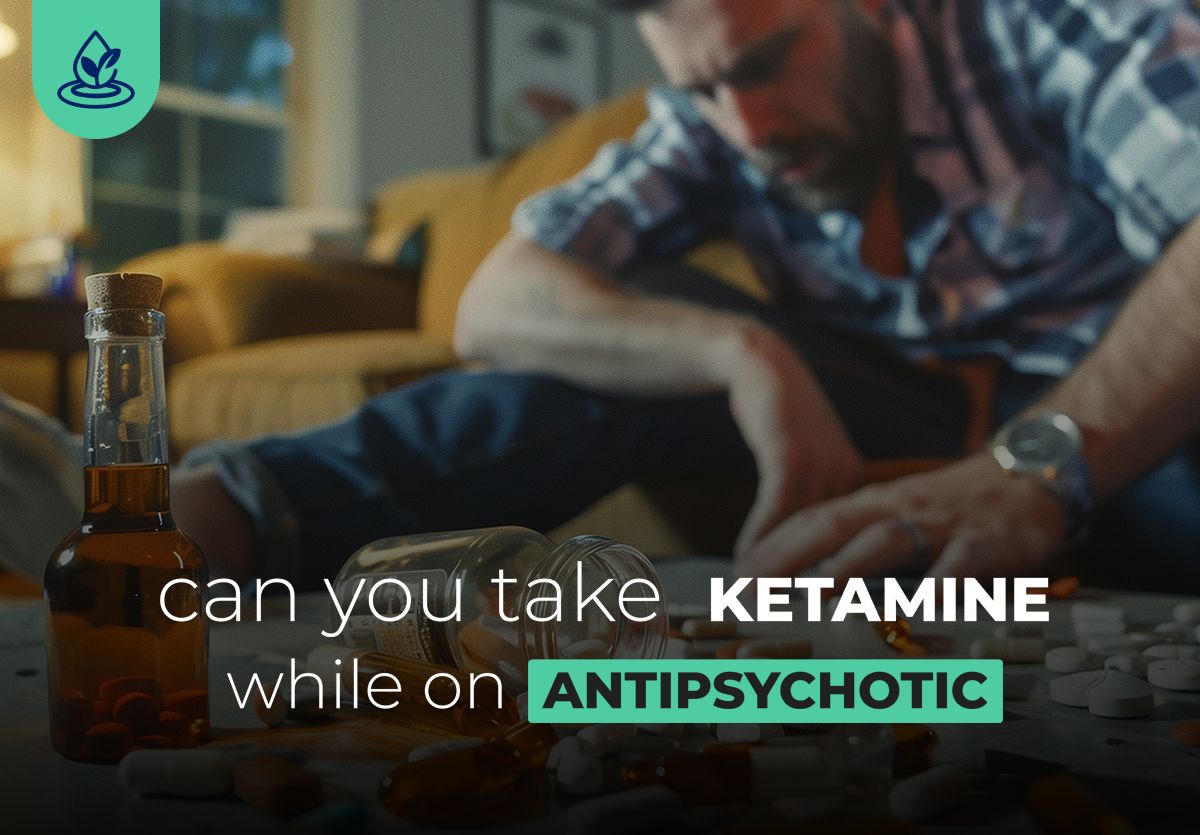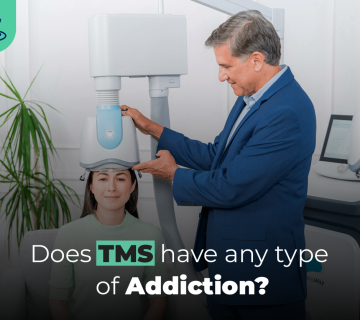Can you take ketamine while on antipsychotic? Mental health challenges are common, and the quest for effective solutions continues. Recent findings suggest ketamine may help combat depression and persistent pain. But what happens if you’re already taking antipsychotics? This question worries many individuals looking for relief.
Can ketamine and antipsychotics be combined? A vital query indeed. Let’s explore this, examining a few related aspects to improve your comprehension.
Experience the potential of ketamine therapy at Atlantis Wellness Center. This innovative treatment can help address mental health challenges and overwhelming feelings.
What Is Ketamine?
Ketamine, commonly used to initiate and continue anesthesia, puts patients into a relaxed, dreamlike state. It helps ease pain, promote calm, and cause forgetfulness. Lately, it’s gotten noticed for its non-standard use in battling depression, particularly in people whose other treatments haven’t helped.
Understanding Antipsychotics

There is a group of medicines known as antipsychotic drugs. They are designed for dealing with symptoms of psychosis, you might know them as delusions and hallucinations. Did you know they also help with mood problems? This includes conditions like bipolar disorder and depression that sometimes have bits of psychosis mixed in.
Two kinds of antipsychotics exist typical and atypical antipsychotics. Atypical antipsychotics are more recent and trigger fewer side effects.
Can You Take Ketamine While on Antipsychotic?
It’s not common to find a lot of research on ketamine and antipsychotics mixed. But, knowing how they might affect each other matters.
- Risk of Psychosis: There’s a worry about ketamine possibly triggering or making psychosis worse. Some research hints that ketamine might bring about symptoms similar to schizophrenia in healthy people. If you’re already using antipsychotic medicine to control psychosis, adding ketamine could make things trickier.
- Benefits and Risks: Ketamine might be useful in dealing with difficult depression cases, including depression with psychotic features. Yet, the possibility of inducing such confusion or harsh side effects warrants thoughtful review.
- Medical Supervision: Merging these treatments needs to always happen with a doctor’s watchful eye. They can catch bad reactions and change treatments accordingly.
Ketamine for Insomnia and Depression

People often deal with issues beyond psychosis, like insomnia and depression. The use of Ketamine to treat insomnia has given varied results due to its ability to cause sleepiness. It works for some but incites sleep problems in others.
Ketamine, when it comes to depression, has displayed potential, mainly for those not responsive to other methods. When comparing ketamine vs. antidepressants, ketamine usually acts quicker, giving solace in hours or days, not weeks. Yet, we’re still studying its enduring impact on the brain.
What Are the Long Term Effects of Ketamine Use?
Many people often ask, “What are the long term effects of ketamine use?” This is a great question. Researchers are still studying, but some possible issues have emerged. For instance, long-term use could lead to problems with thinking and memory. It might also cause bladder issues. Another concern is addiction and becoming dependent on it. These potential risks highlight why it’s so important to have medical supervision when using ketamine for treating mental health issues.
Does Ketamine Help Schizophrenia?
Ketamine holds the potential to manage depression. It’s a promising discovery! Still, its impact on schizophrenia is less defined. Sometimes, it can intensify conditions like hallucinations or delusions. Hence, it’s generally not suggested for individuals with schizophrenia unless they’re under close medical watch.
Can’t Sleep After Ketamine Infusion
Some patients say they “can’t sleep after ketamine infusion.” This is a tricky side effect to handle. The insomnia could be because ketamine can be quite stimulating, or it might change how we sleep. This side effect shows why good aftercare is so crucial following ketamine treatments.
Best Way to Take Ketamine
Ketamine has several methods of delivery:
- Infusions: This is the most standard technique in a medical setting. It involves giving ketamine intravenously for swift, potent relief.
- Nasal Sprays: This is an emerging approach. It’s used in a nasal spray form, which is simple and easy to operate.
- Oral: Consuming ketamine orally is less popular, though it’s a choice in a few scenarios.
The best way to take ketamine depends on a person’s health, medical history, and response to treatment.
Side Effects and Considerations
Ketamine does have its benefits, yet it’s not free from side effects. A few individuals find sleeping elusive post ketamine infusion, making it tougher for those grappling with insomnia. Other possible side effects are feeling sick, dizziness, and dissociation.
Ketamine’s prolonged use may lead to issues. Current studies are examining the long-term brain effects, like cognitive problems or memory loss.
Antipsychotics and Their Role
Antipsychotic drugs have proved helpful in the treatment of many mental health issues. Their role is key in managing schizophrenia, bipolar disorder, and severe depression signs. Even extra care is required when you mix them with ketamine.
Expert Opinions
It’s important to note that anyone’s reaction to medicine can differ. This makes it essential to team up with health professionals. Mixing ketamine with drugs meant to control psychosis? This has to be managed carefully, always checking for any bad side effects.
Future Research
Current studies aim to improve guidelines for using ketamine in individuals taking antipsychotic drugs. Knowing how these drugs mix can lead to safer, improved care plans.
Conclusion
Can you take ketamine while on antipsychotic medications? Well, it’s not a simple yes or no. It could work well, primarily for treatment-resistant cases. However, it’s a risky move. Never change your care regimen without talking to a health expert first.
Knowing the benefits and risks lets you decide wisely about your mental health care. Keep in mind that everyone’s path is different. What helps someone may not help someone else. Keep updated, remain in contact with your health team, and put your health first.
FAQs
Can ketamine cause schizophrenia?
Ketamine might briefly lead to schizophrenia-like symptoms in healthy people. There’s nothing definitive suggesting it triggers schizophrenia. Yet, for people predisposed to psychosis or at risk, ketamine may intensify their symptoms.
Does ketamine cause memory loss?
There’s concern that long-term use of ketamine might lead to memory issues or thinking problems. We need more research to be sure. Current findings suggest that prolonged use should be carefully watched by medical professionals to reduce any potential risks.







No comment